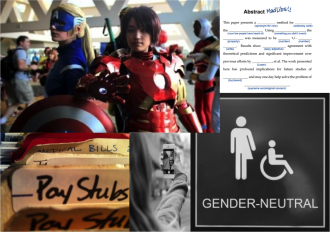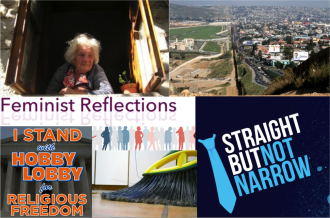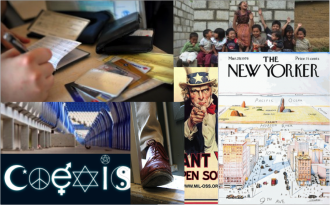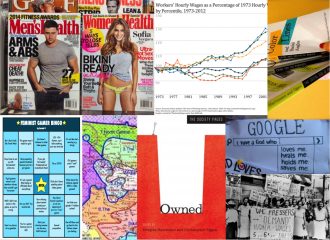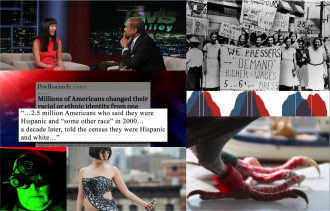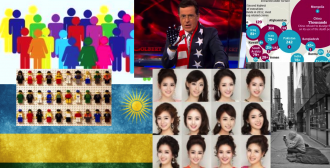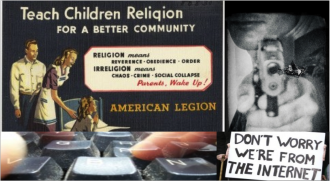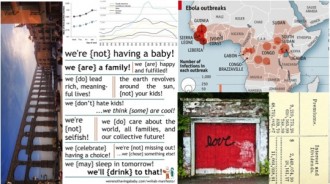 As so much of the sociological knowledge bank begins packing their bags for San Francisco, we here at TSP are keeping it lively with timely works on deportation, urban planning, the social structure of time, pandemics, and statistically significant others. Enjoy!
As so much of the sociological knowledge bank begins packing their bags for San Francisco, we here at TSP are keeping it lively with timely works on deportation, urban planning, the social structure of time, pandemics, and statistically significant others. Enjoy!
Features:
“What’s Missing from the Debate Over Deportation Numbers,” by Tanya Golash-Boza. The laws surrounding immigration and removal have not changed, but enforcement sure has.
Citings & Sightings:
“Urban Planners in Zaragoza Test the Waters,” by Andrew Wiebe. An “embedded sociologist” at a Spanish NGO works to reduce water demands in drought-plagued city.
Reading List:
“You Don’t Need a Job to Have a Case of the Monday’s,” by Anne Kaduk. In a classic case of W.I. Thomas’s dictum that what we treat as real is real, the structure of the work week means even the unemployed feel a little glum when Monday rolls around.
There’s Research on That!
“Ebola and the Epidemic Mindset,” by Evan Stewart. Research helps explain how media and governments shape the way citizens respond to outbreaks.
Scholars’ Strategy Network:
“Why Politically Active Billionaires Threaten the Health of Democracy,” by Darrell M. West.
“How Policy Analysis Can Help Inform Efforts to Improve Social Programs,” by Judith E. Barnstone.
“Lessons from Rwanda’s Quest for a Just Response to Genocide,” by Hollie Nyseth Brehm and Chris Uggen.
Council on Contemporary Families:
“Back on Track? Stall and Rebound for Gender Equality, 1977-2012,” by David A. Cotter, Joan M. Hermsen, and Reeve Vanneman.
A Few from the Community Pages:
- Families As They Really Are points out that child-free is also family-friendly.
- Sociological Images on the deviance of topless sunbathing and the determination of the “Statistically Significant Other” with xkcd.com.
- Pink, blue, brown, and green—gendering the garden and what Deborah Siegel wishes she’d said in her interview on working motherhood on Girl w/ Pen!

